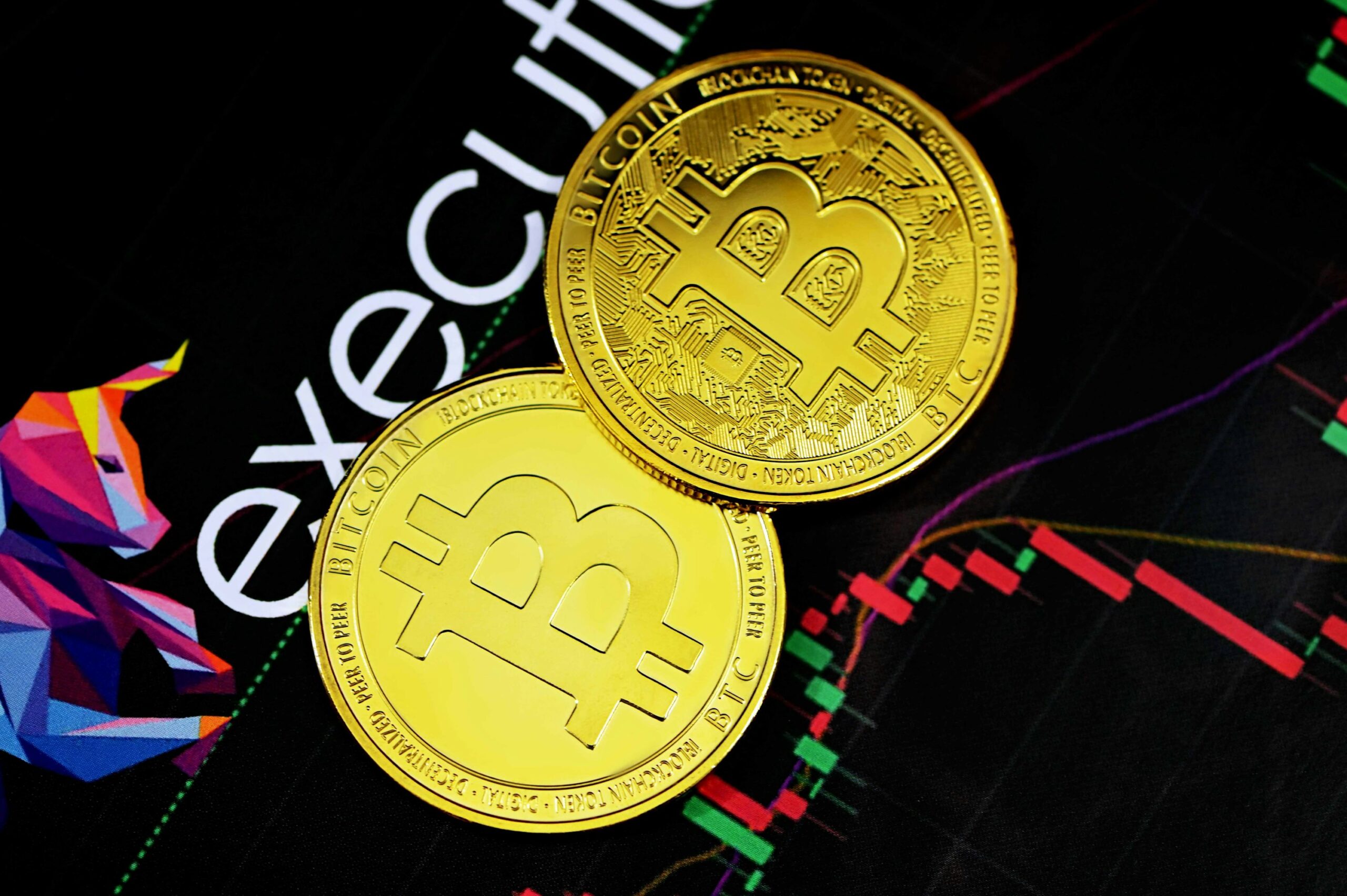The recently implemented changes to cryptocurrency taxation in Brazil have sent ripples through the trading community, highlighting both challenges and potential opportunities for investors. The introduction of a flat tax rate of 17.5% is aimed at standardizing the tax framework while broadening the government’s revenue base from digital asset transactions.
Impact on Smaller Investors
The new regulation, effective from June 12 under Provisional Measure No. 1303, signifies a dramatic shift particularly for small-scale traders. Previously, Brazilians enjoyed a tax exemption for cryptocurrency sales up to R$35,000 (around $6,300) per month. Now, these investors must pay taxes on every capital gain, leading to significant increases in their tax liabilities. For instance, an individual who sold R$30,000 in cryptocurrency would find their tax bill rising from zero to R$5,250 under the new framework.
Tax Simplification Spurs Controversy
While the government’s intent to streamline the tax process may appear beneficial, the ramifications for casual traders are stark. Many small operators who previously operated without tax concerns now face unexpected financial burdens. Conversely, large transactions have become less costly due to the flat rate. Those operating above R$30 million, previously taxed at a maximum rate of 22.5%, will now enjoy savings of potentially up to R$150,000 per million traded.
Wider Financial Implications
This tax overhaul does not exclusively target cryptocurrencies; it extends to other financial instruments as well. Fixed-income investments will incur a 5% tax on profits, while betting operations have seen their tax rate rise from 12% to 18%. The government anticipates a consistent revenue inflow from these changes, following previous legislative attempts to adjust the Financial Transaction Tax, which faced strong opposition.
What’s Next for Investors?
Moving forward, investors must also adapt to new reporting requirements. Gains and losses from cryptocurrency and other digital assets will be assessed every three months, allowing customers to offset losses accumulated over the previous five quarters. However, from January 2026, only the most recent quarters’ losses will be considered, necessitating improved record-keeping practices among traders.
Potential Flexibility in Salary Payments
In a parallel move, lawmakers are considering a bill that would permit employers to pay up to 50% of salaries in cryptocurrency. Full payment in crypto would be allowed for foreign employees under strict conditions, paving the way for a mixed compensation structure while maintaining the standard of fiat currency payments for local workers.
A close examination of these developments reveals a significant shift in the Brazilian financial landscape, and the implications for retail traders will likely prompt discussions about equity and fairness within the trading community. As the tax landscape evolves, adapting strategies to manage new obligations will be crucial for all investors involved in the burgeoning cryptocurrency market.


